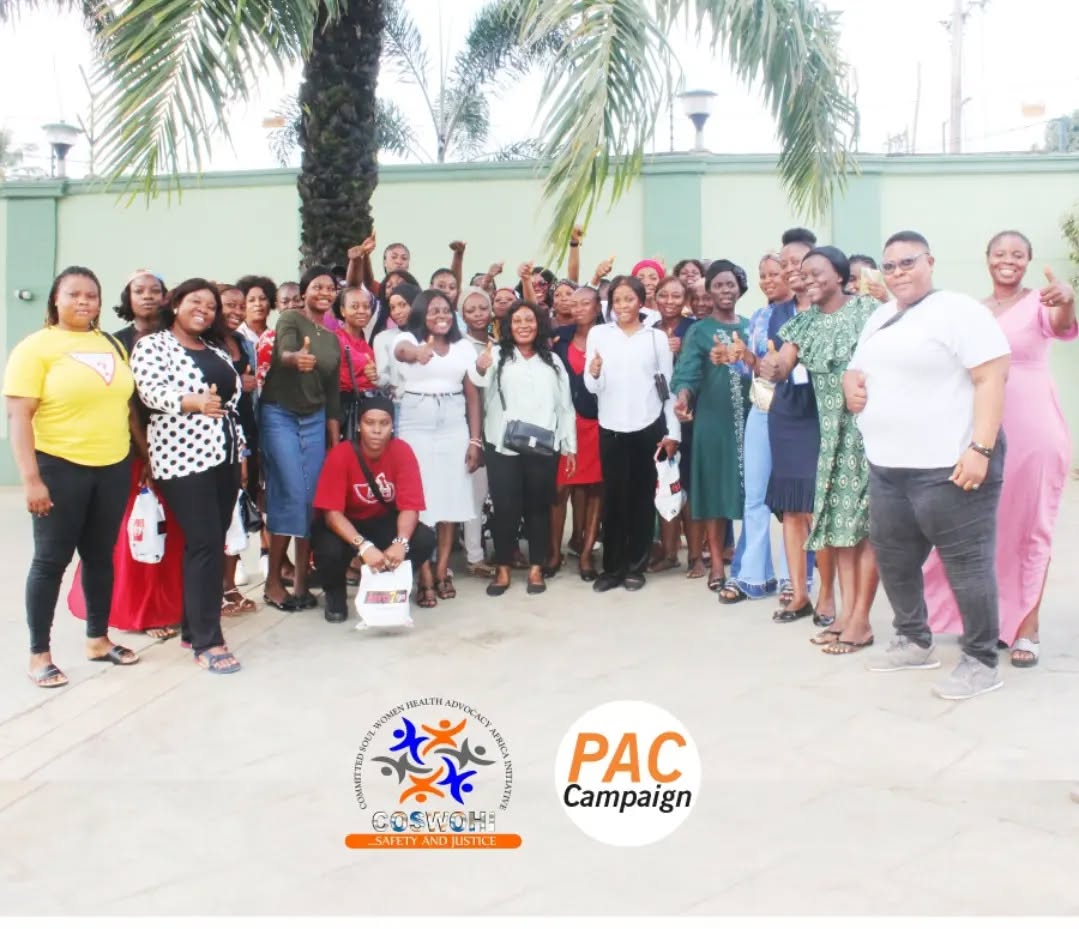
We appreciate Amplify change for sponsoring this educational training.
During this training we discussed several key aspects, including stigma, access to services, and the unique health and social needs of sex workers and LBQ women.
Non-judgmental and Confidential Care
Stigma and Discrimination: Many sex workers and LBQ women face significant stigma, which can make it difficult for them to seek post abortion care. Health workers need to provide care that is free from judgment and ensures confidentiality to build trust and encourage access to services. Ensuring that their privacy is protected is critical to make them feel safe and respected. Reassure them that their personal information will not be shared.
We Discuss the importance of offering safe, high-quality post-abortion care, which includes not just the medical procedure but also follow-up care to monitor health and recovery.
Contraceptive Counseling: Providing information and access to a range of contraceptive methods should be part of PAC to help prevent future unintended pregnancies. Be sensitive to the fact that some sex workers may have limited control over their contraceptive choices, depending on the nature of their work.
Mental Health Support: Access to psychological counseling and emotional support is important in post-ab*t*n care, especially for marginalized groups like sex workers.
Understanding the Vulnerabilities of Sex Workers
Multiple Layers of Vulnerability: Sex workers often face complex situations, including economic pressures, violence, and exploitation. This may make it harder for them to access healthcare or make independent reproductive choices. Understanding these vulnerabilities is key for healthcare providers to offer appropriate care.
Having these discussions with healthcare workers about sex workers’ needs and LBQ women’s needs in post-abortion care is essential to creating a supportive, inclusive, and effective healthcare environment.